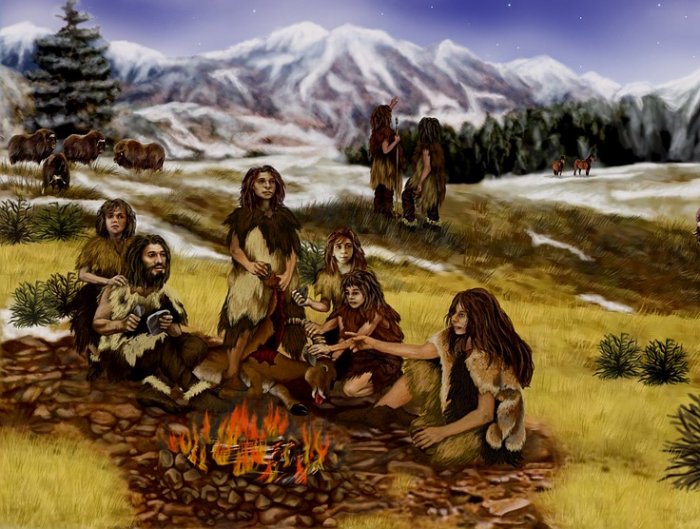Conny Waters – AncientPages.com – Our knowledge about Neanderthals is increasing but there is still much we don’t know about our closest extinct human relative.
The Neanderthals were members of a group of archaic humans who emerged at least 200,000 years ago during the Pleistocene Epoch. Previous studies have revealed Neanderthals were not as primitive as previously thought.
Between 35,000 and or perhaps even 24,000 years ago Neanderthals were assimilated by early modern human populations (Homo sapiens).
Credit: Public Domain
Neanderthals and modern humans both occupied the Levant for tens of thousands of years prior to the spread of modern humans into the rest of Eurasia and their replacement of the Neanderthals.
Then, about 40,000 years ago something happened the Neanderthals suddenly disappeared. The Neanderthal extinction has been a subject of great interest and many scientists have tried to unravel what happened to our distant cousins.
Did Complex Diseases Cause The Neanderthals’ Extinction?
According to a new theory put forward by Gili Greenbaum, a scientist at Stanford complex disease transmission patterns can explain not only how modern humans were able to wipe out Neanderthals in Europe and Asia in just a few thousand years but also, perhaps more puzzling, why the end didn’t come sooner.







